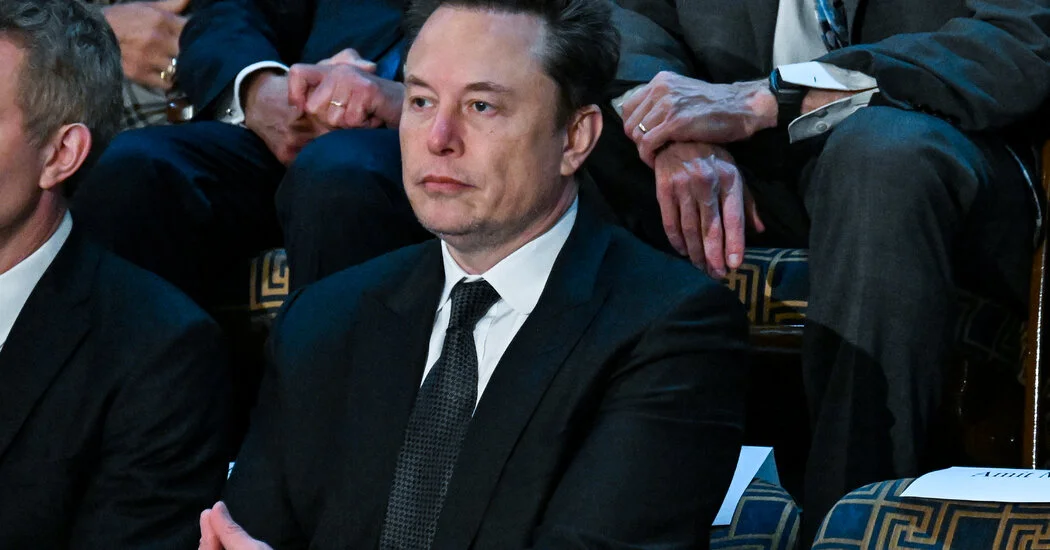- cross-posted to:
- [email protected]
- cross-posted to:
- [email protected]
The billionaire owner of the social media platform X reposted a video that mimics Vice President Kamala Harris’s voice, without disclosing that it had been altered.
Elon Musk, the world’s richest man, has waded into one of the thorniest issues facing U.S. politics: deepfake videos.
On Friday night, Mr. Musk, the billionaire owner of the social media platform X, reposted an edited campaign video for Vice President Kamala Harris that appears to have been digitally manipulated to change the spot’s voice-over in a deceptive manner.
The video mimics Ms. Harris’s voice, but instead of using her words from the original ad, it has the vice president saying that President Biden is senile, that she does not “know the first thing about running the country” and that, as a woman and a person of color, she is the “ultimate diversity hire.”
…
Pro-democracy groups have raised increasingly urgent alarms about deepfakes, a broad term for digital content that employs artificial intelligence and other technology to create audio, video or images that spread false information and could influence voter behavior.



“…Seeming…”
FUCK the New York Times. They’re so afraid of sounding biased they’re incapable of just reporting the news. This is a CLEAR violation of Twitter rules.
In the tiny amount of time we have to comprehend our impending doom should the sun explode (we will know in 8ish minutes, the force arrives very shortly after that), they would report “SUN APPEARS TO EXPLODE, WHAT COULD THIS MEAN FOR FUTURE ELECTIONS?”
There’s actually legal reasons why publications would pay special care to their word choice like this. The difference between seeming violation and violation comes down to hard proof. Whether we like Elon’s sideshow or not, if there is a defendable claim that his post didn’t violate (e.g. new policy that allows it was approved internally but not yet published publicly), NYT could land themselves in a lawsuit that they have a chance of losing. Then ask yourself how many stories do they publish a day? The risk starts to add up quick.
So the word seeming is doing some heavy lifting there. If you ignore the ass covering, they did still report truth on something important.